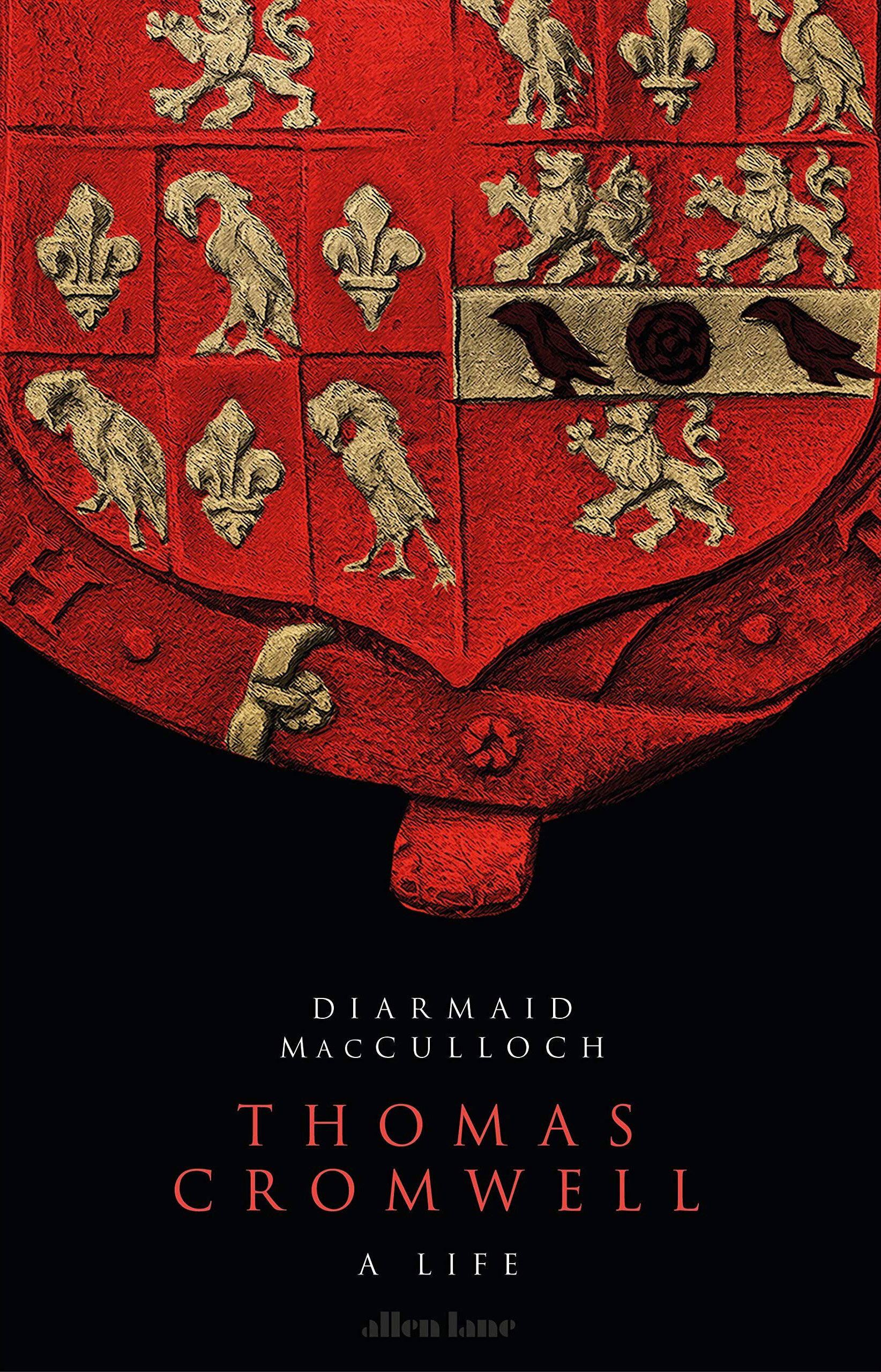I had a plan. It was a beautiful and logical plan that I was so excited to start. Having tried and failed to read Hilary Mantel’s “Wolf Hall” several years ago because I felt confounded by the politics of the Tudor period, I thought reading a biography about Thomas Cromwell would give me an informed background to start reading the novel again. “The Mirror and the Light”, the third part of Mantel’s much-lauded trilogy about Cromwell’s epic rise and fall is due to be published in March. So I want to catch up on the first two novels. Reading Mantel and MacCulloch side by side should be the perfect pairing because both authors compliment each other’s writing in their respective books. But wading through this biography was a big effort. MacCulloch conducted a lot of research using period documents and letters to piece together a narrative about Cromwell’s life detailing his instrumental role in the court of Henry VIII and the English Reformation. While this did give me a broad overview of the events surrounding his life and his political manoeuvres during this period of radical reform, it felt to me more like an academic book for people who have a specialist interest and knowledge about this historical period. As an amateur who wanted some basic understanding I felt alienated.
I know I must sound like a lazy schmo, but I frequently found so much of this book tedious. There are endless lists of names carefully detailing the trajectory of these individuals’ ranks and social status. There are long passages about political strategies which made my eyes glaze over. Even when it came to the bloody machinations of Henry’s reign that saw whole slews of people being beheaded or chopped up, the descriptions of these events made them sound like tiresome inevitabilities. Certainly there were some sections I found more engaging. Certain events gave me an interesting and different perspective and as well as new knowledge – especially concerning false starts in the Reformation and the economics surrounding the dissolution of the monasteries. I also occasionally found some small details interesting such as the large amount of money Henry spent creating a massive library – though he probably had other people read most of the books for him rather than reading them himself.
Where this biography really frustrated me was in what it brushed over in its 752 pages. Cromwell’s early life, development, marriage and early status as a widower are quickly dealt with to get to the meat of his professional career. Details about his downfall also feel strangely sparse as if the author wanted to quickly move onto his legacy and Henry’s regrets about having Cromwell’s head chopped off. I realise as a historian MacCulloch must stick to what can be verified rather than speculate or guess on the emotional status of the parties involved. In one section, MacCulloch even refers the reader to a scene from Mantel’s novel if they want to get a feeling for the inner lives of these historical figures. So this biography failed to come alive for me in the way that reading Matthew Sturgis’ equally long biography of Oscar Wilde did for me earlier this year. I think because I don’t possess a passion for this period of history or a reverence for the individuals involved I simply got impatient as if I was listening to a monotonous lecture.
This leaves me a bit apprehensive about restarting Mantel’s trilogy. It might be a blissful relief to experience these people and events dramatized in her imagination… or it might feel like being sat back in the classroom. I wouldn’t normally make such an effort to reread a novel, but I’ve read and loved Mantel’s novel “Beyond Black” and memoir “Giving Up the Ghost”. So I think this is an author worth making an effort for. The two novels in her trilogy thus far are also hugely critically acclaimed award winners so it makes me feel like an odd duck for not having fully engaged with them. I don’t mind having the dissenting opinion as there are novels such as “Milkman” and “First Love” which didn’t work as well for me as they did for the majority of readers. But I feel like I have to give “Wolf Hall” a second try before having a proper opinion about it. While I feel better equipped to do so having read this biography, it was an enormous slog I wouldn’t recommend to anyone who doesn’t have a scholarly interest.








